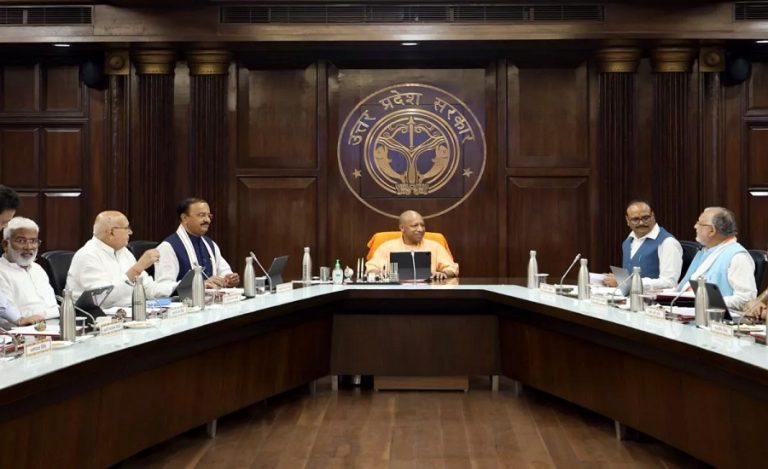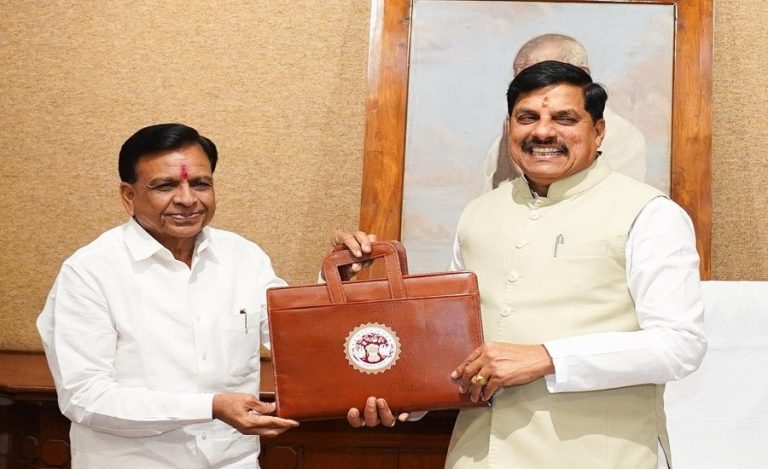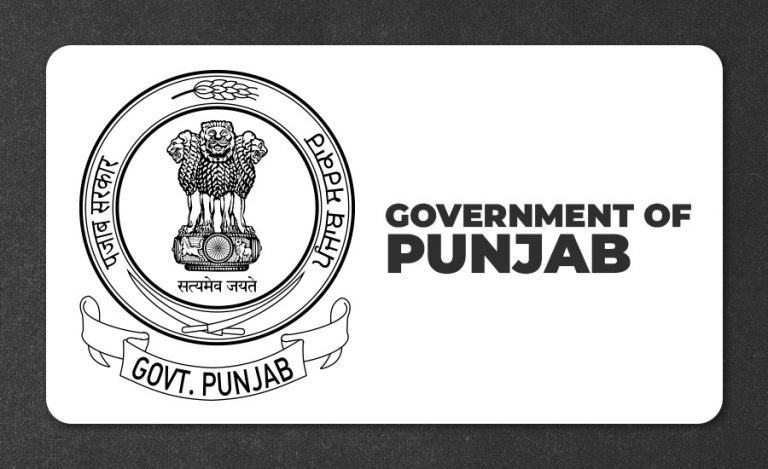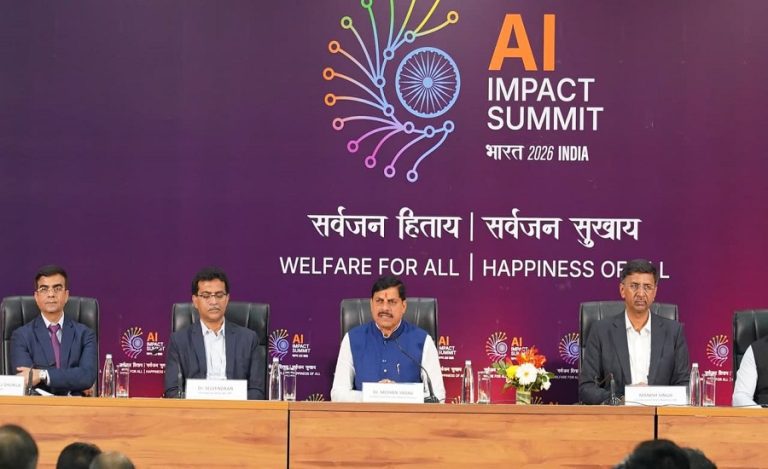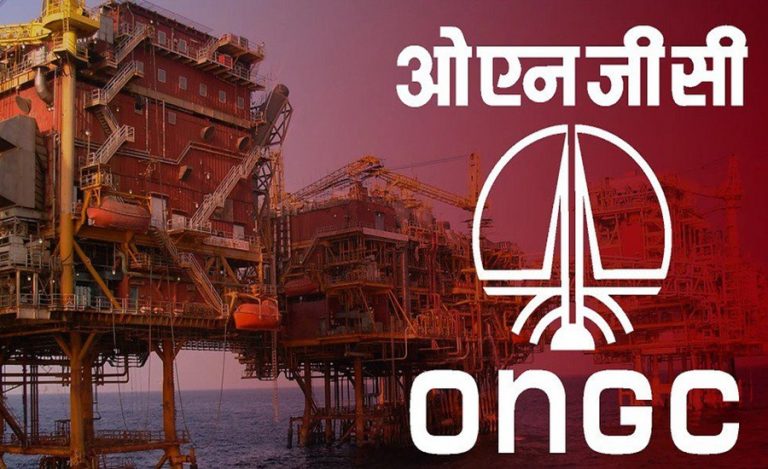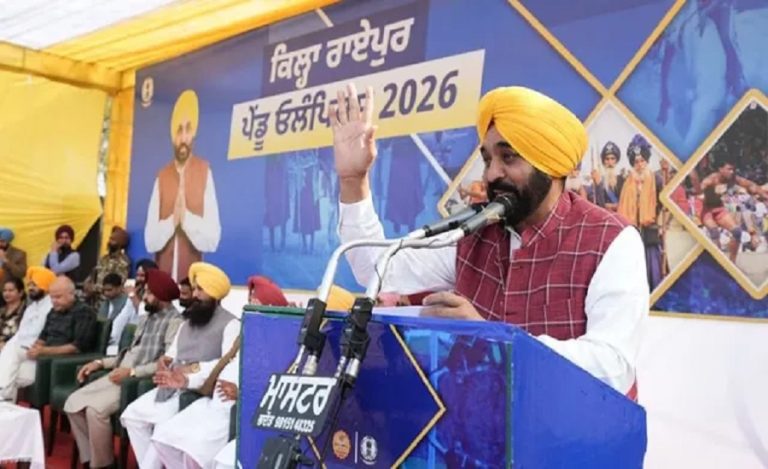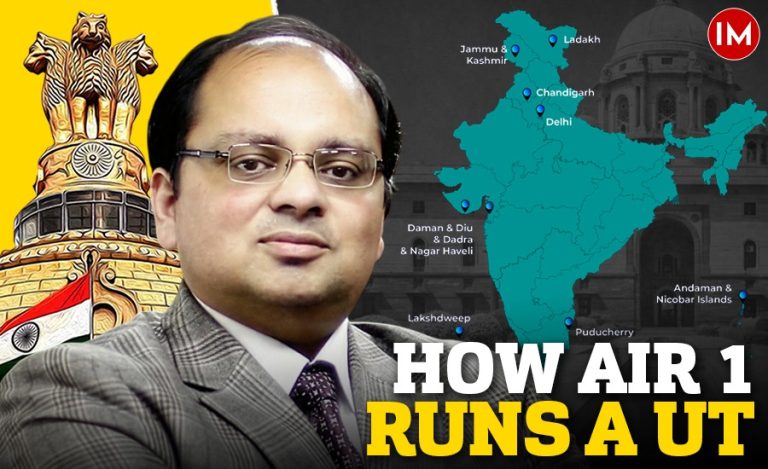New Delhi: In a timely and significant message delivered at the 6th Full Meeting of the Standing International Forum of Commercial Courts (SIFoCC) in New Delhi, Justice K. V. Viswanathan urged Indian courts to embrace foreign jurisprudence on climate law. He pointed out that as climate change intensifies, legal disputes linked to climate and environment are no longer purely about pollution or regulation—they now interface with commercial law, directors’ fiduciary duty, constitutional rights and international law.
Background of the Story
Climate litigation worldwide has been evolving rapidly. Courts in many countries are interpreting environmental issues not only under environmental statutes, but also through broader principles of human rights, corporate governance, sustainable development and global obligations. In India, the legal framework for environmental protection has long been influenced by the right to life (Article 21) and principles of sustainable development.
At the SIFoCC meeting, which brings together commercial courts from around the world, Justice Viswanathan used the platform to highlight that India cannot and should not remain in isolation when dealing with climate-linked commercial disputes and broader environmental rights.
Who is Justice K. V. Viswanathan?
K. V. Viswanathan, born 26 May 1966 in Kerala, is a judge of the Supreme Court of India. Before his elevation, he held significant roles including Additional Solicitor General of India. He was sworn in as a Supreme Court judge on 19 May 2023.
Justice Viswanathan is now contributing to framing India’s legal stance in high-stakes areas such as climate change, corporate governance, and cross-border commercial law.
Key Points from Justice Viswanathan’s Remarks on Global Climate Law Precedents In India
1. Fresh View on Foreign Jurisprudence: He declared that the old idea “foreign jurisprudence is not welcome” is now over. He emphasised that Indian courts must increasingly look beyond their borders for guidance in climate-linked matters.
2. Climate Litigation as Mixed Domain: Justice Viswanathan observed that what once were typical commercial disputes are now merging with constitutional rights and environmental concerns. He said climate litigation is reshaping boundaries between private law, public law, commercial law.
3. Corporate Governance / Fiduciary Duty: In his speech, he noted India’s shift: company directors may now be accountable for environmental concerns and sustainability—not just profitability. Earlier, courts tended to give directors wide leeway; now the thresholds of scrutiny are higher.
4. Global Norms, Domestic Obligations: Justice Viswanathan emphasised that courts in India will not hesitate to examine domestic laws if they conflict with constitutional protections or global obligations.
He cited that the Supreme Court has already recognised the “right to be free from the adverse effects of climate change” under Article 21.
5. Collective Global Approach: He said the climate crisis “must be addressed collectively… time now to say that light and knowledge should be welcomed from all sources.”
Why Global Climate Law Precedents In India Matters
- As India grows economically and industrially, climate-linked commercial disputes will increase—especially in sectors like energy, infrastructure, manufacturing.
- Indian companies and courts dealing with sustainability, ESG (environment, social, governance) issues, will face questions of duty, liability and global standards.
- If Indian jurisprudence selectively ignores foreign judgments and global trends, there is a risk of legal lag, reducing India’s effectiveness in resolving climate-linked disputes.
- From a rights perspective, the environment is bound up with human rights, health and constitutional protections; so, responsiveness matters.
The Bigger Picture: What Comes Next
- More Climate-Linked Commercial Cases: As business and environment overlap, Indian courts will likely see more commercial suits where climate change, sustainability or environment form key parts of the dispute.
- Directors & Company Duty Evolve: Directors may increasingly be judged for how they factor sustainability risk, climate risk, stakeholder interests (not only shareholders) into decision-making.
- Domestic Law & International Norms: Indian courts will refer to and rely on judgments from abroad (e.g., UK, Singapore, Inter-American Court of Human Rights) when interpreting climate law. Justice Viswanathan’s speech signals that this is acceptable and even necessary.
- Rights Approach Strengthens: Courts will more often view environmental harm through the prism of rights (health, life, equality) and constitutional guarantees—rather than purely regulation or penalty-based frameworks.


